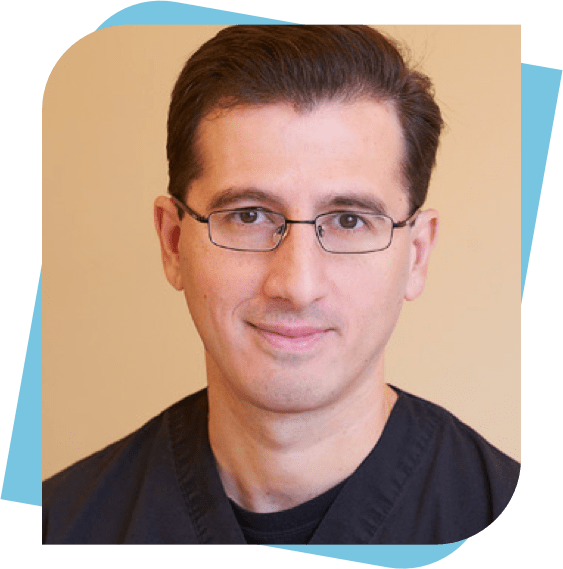Visit Your Dentist Regularly for Oral Cancer Screenings
April is Oral Cancer Awareness Month. Though it’s not as well-known or talked about as often as other forms of cancer, oral cancer is no less serious. It’s still a devastating diagnosis to receive, and, as with other cancers, early detection is key to a successful treatment plan.
Your dentist keeps an eye out for any signs of oral cancer during regular trips to the clinic. These regular checkups and oral cancer screenings are important for maintaining your overall oral health and treating any oral health and hygiene problems before they get worse.
What is Oral Cancer?
Cells in the mouth can change and become abnormal. These changes can result in non-cancerous (benign) tumours, such as warts and fibromas.
However, some of these changes can also result in precancerous conditions such as leukoplakia and erythroplakia.
But when left untreated, abnormal precancerous cells can become cancerous.
Oral cancer is also known as mouth cancer and oral cavity cancer. It starts in the cells of the mouth and can grow, forming a group of cancerous cells (a malignant tumour).
This group of cells grows into and destroys surrounding tissue. Oral cancer cells can eventually spread (metastasize) to other parts of the body. These cells will likely spread to the lymph nodes in the neck if left untreated.
The most common type of oral cancer is squamous cell carcinoma of the mouth. This cancer starts in the thin, flat squamous cells of the mouth’s lining called the mucous membrane or oral mucosa. Rare types of oral cancer include melanoma and salivary gland cancer.
Oral cancer is treated with surgery to remove the cancerous cells. Following surgery, it is treated with radiation therapy, possibly a combination of radiation and chemotherapy, and in some cases, immunotherapy.
What are the Symptoms?
Oral cancer can cause symptoms at an early stage, which is useful for early detection at the dentist. The most common symptom is a sore or ulcer in the mouth or on the lip that won’t heal. Another common symptom is mouth pain that won’t stop.
Other signs and symptoms include:
- Loose teeth;
- Dentures no longer fit;
- White or red patches in the mouth/on the lip;
- Bleeding in the mouth; and
- A lump or thickened area in the mouth/on the lip.
Risk Factors
Tobacco users and those who drink alcohol — especially heavily — are at an increased risk of developing oral cancer. Also, those with a precancerous mouth condition are more at risk.
Other risk factors include:
- Human papillomavirus (HPV),
- Poor oral health,
- Inherited conditions,
- A diet low in vegetables and fruit,
- Sun exposure,
- A weakened immune system,
- Chewing betel quid and areca nut,
- Lichen planus, and
- Graft-versus-host disease (GVHD).
Incidence and Mortality
The Canadian Cancer Society estimates that in 2017, 4,700 Canadians would be diagnosed with oral cancer. Of those diagnosed:
- 3,200 would be men;
- 1,450 would be women;
- 860 men would die from oral cancer;
- 400 women would die from oral cancer; and
- An estimated 1,250 Canadians would die from oral cancer.
Local Support Services
If you have been diagnosed with oral cancer, there are support groups and services available across the Ottawa region. The Ottawa Hospital Cancer Program and its regional partners offer many support groups to help cope with the stress and difficulties of cancer.
With regular visits to your local dentist, you can screen for early signs of oral cancer. If you have any symptoms, visit your dentist and doctor immediately. Early detection will help improve the success of your treatment plan.









